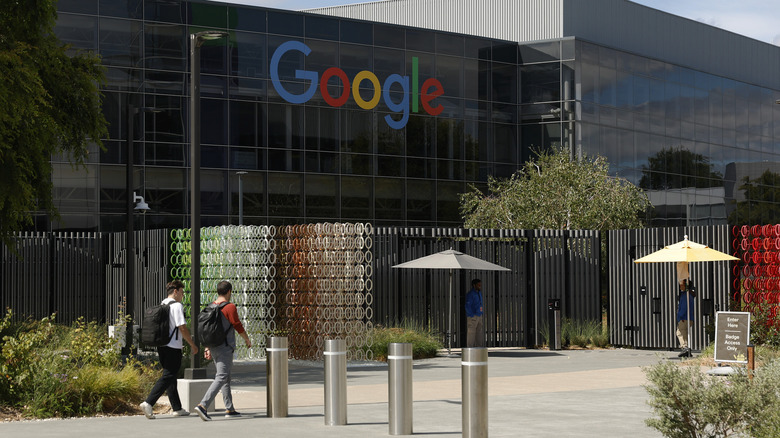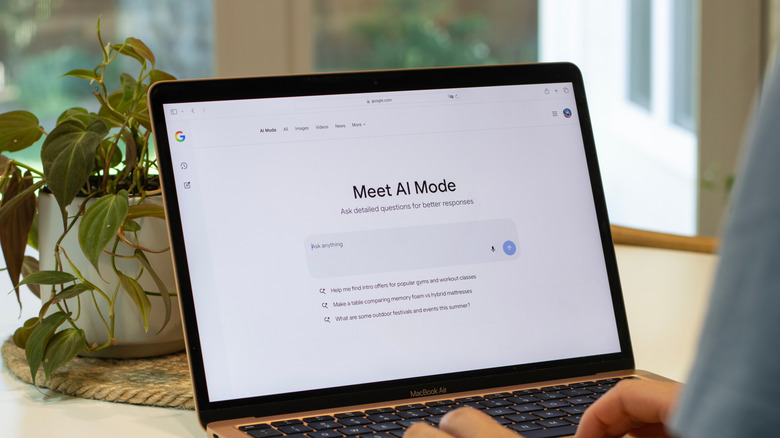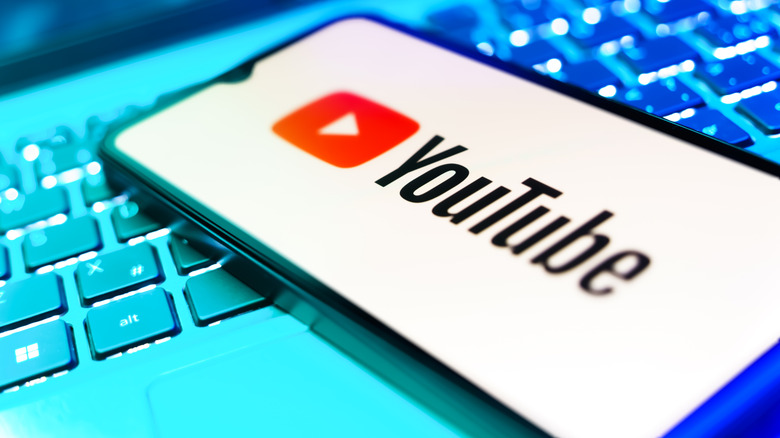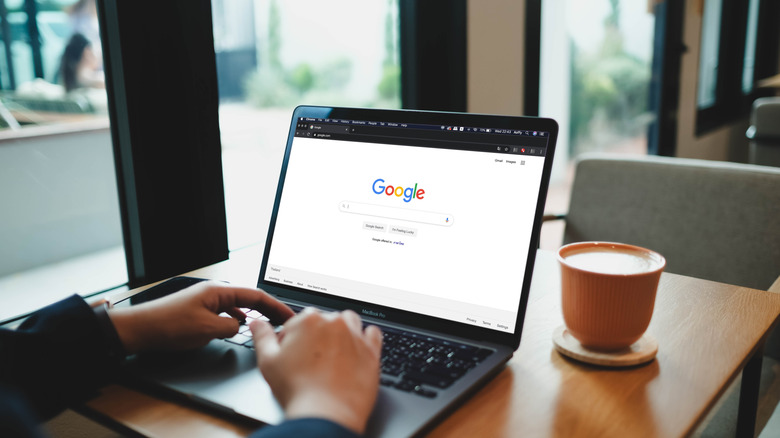Google Will Use AI To Determine If You're A Teen, And That's A Bit Creepy
The internet is a dangerous place for underage users, which is why age limits exist for many services available online. But most existing age verification methods rely on the honesty of the users who create their accounts. It's very easy to lie about your age to escape the under-18 limitations that might come with being truthful. Google wants to fix that with the help of artificial intelligence. Unnamed AI models will determine whether a user is underage and apply the necessary restrictions.
It's not just YouTube that plans to employ these AI-based age verification steps. Google will use AI across the board to verify age and take automatic measures that might limit what you can do with the Google apps available under your account. False positives will have to prove their age by uploading a photo ID or credit card to Google's servers.
Before I tell you why this is so disturbing, I'll note that Google's intentions are laudable. But in order for Gemini, or any other Google AI model, to determine one's age, Google has to feed the AI tons of user data. It's a version of personalizing a Google user's experience that doesn't concern advertising. It's collecting and using data for profiling that people won't necessarily agree to.
If that can be done to accurately guess someone's age, what's stopping Google from using AI to create incredibly accurate user profiles regardless of whether they agree to a personalized Google AI experience?
What user data does Google collect?
Google announced its AI age verification tools for YouTube a few days ago. On Wednesday, Google announced a similar age verification process that will work across Google products.
"The age estimation model uses a variety of signals such as YouTube activity and longevity of the account," Google explained on the YouTube support pages. "If we determine you're under 18, you'll be notified. As always, you'll have the option to verify your age (through government ID, selfie, or a credit card) if you believe our age estimation model is incorrect."
Google offered a similar explanation for the AI model it uses for age estimation outside of YouTube. This is where Google tells you exactly what information the AI will use to essentially track you: "Our age estimation model uses machine learning to interpret a variety of signals already associated with a user's account, such as the types of information a user has searched for or the categories of videos they've watched on YouTube. These signals help us determine whether a user is likely over or under the age of 18." Age verification will require a government ID photo or a selfie in this case.
What happens if the AI thinks you're lying about your age?
Google's mysterious AI age verification models will be used to protect underage users by limiting what their accounts can do. On YouTube, the AI will enable protections that are already available to underage users who are under 18, as follows:
- Showing only non-personalized ads
- Enabling digital wellbeing tools by default. This includes "take a break" and bedtime reminders.
- Showing reminders about privacy when uploading a video or commenting publicly
- Minimizing recommendations of videos with content that could be problematic if viewed in repetition
The AI will trigger similar protections across Google's apps:
- Turning on YouTube Digital Wellbeing tools like reminders to take a break and go to bed, and adding safeguards to content recommendations, including limiting repetitive views of some kinds of content.
- Disabling Timeline in Maps.
- Disabling personalized advertising and restricting age-sensitive ad categories.
- Preventing users we recognize as minors from accessing apps restricted to adults on Google Play.
The Google account protections will roll out to a "small set of users in the U.S." in the coming weeks before they roll out more widely. The AI age verification tools will come to YouTube starting August 13.
Google still needs to address user privacy
Google's AI-based age verification process comes at a time when more jurisdictions are pushing for age verification rules for internet access. The U.K.'s new rules for age verification have already gone into effect for certain online content, including porn sites. On that note, people will find ways to skirt these rules. Searches for VPN services have skyrocketed in the U.K. But Google can profit from such legislation to both protect itself and develop AI models that are better at profiling users for ad purposes.
Google could have alleviated some of my worries by wording its announcements differently. It could have said that the new AI models will automatically delete user data after determining whether a user is underage. Google should have also noted that all selfie and ID submissions will be deleted. It could have said that the AI models do not use any of that information to train other AIs.
A privacy notice that informs the user that the data isn't used for advertising would also be good. Finally, Google should actually ask permission to track data that can verify your age before doing so. Saying no could lead to placing limits on the Google account by default, but at least users would have a say in the matter.



